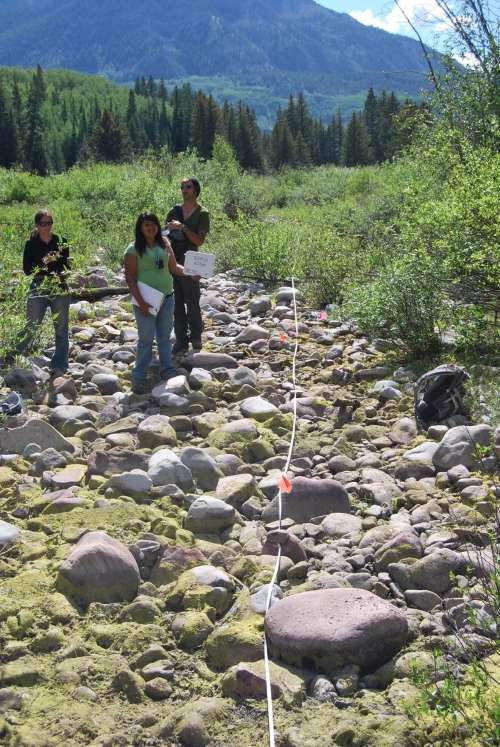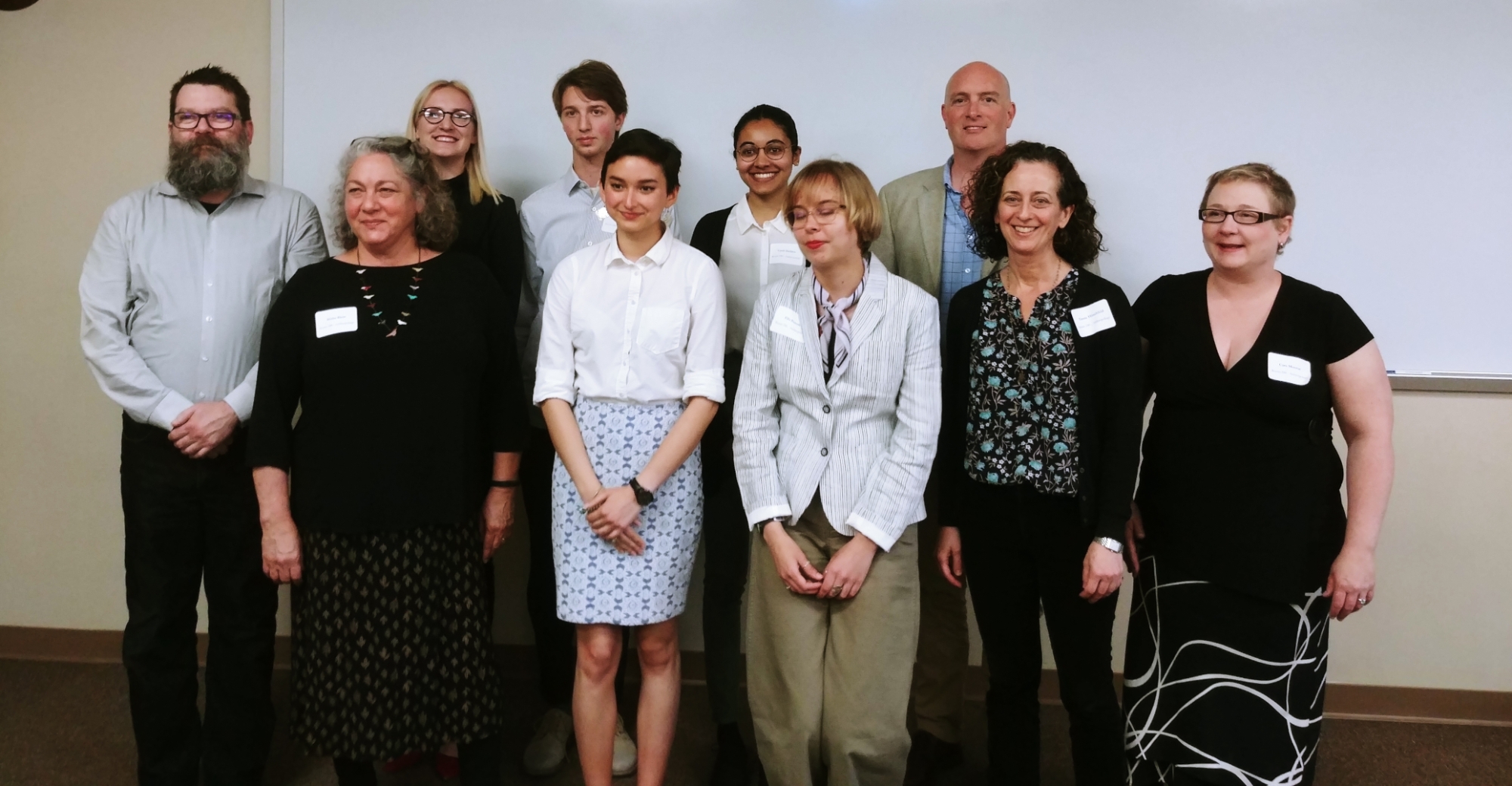Anthropology undergraduate students face a series of difficult questions when designing their overall program of study and fulfilling their major requirements. How are general University requirements related to the anthropology department's requirements? Why are courses in all four subfields of anthropology required? What kinds of jobs are available for anthropology graduates? What courses will best prepare students for careers in anthropology? The advisory process will help answer these questions. The anthropology faculty takes this process very seriously, as should every anthropology major; please review this document carefully in order to be prepared for a rewarding educational experience in anthropology.
There are several different advisors that you may wish to contact. Christine Caliendo is our undergraduate advisor (through CAS). She can help undergraduate students in the selection of classes each semester, requirement progress, dual degree vs. double major differences, general education, enrollment issues including overrides, etc. She can provide some information about volunteer and research opportunities related to anthropology, summer internships, field schools, jobs, and applying to graduate school.
For more specific information about graduate programs and careers in anthropology, we encourage you to speak with Anthropology department faculty members who work in that area. If you are interested in OU's Honors program, Dr. Samuel Duwe is the Honors Coordinator for anthropology.
There are two publications you should consult when planning your course schedule each semester: the University of Oklahoma's General Catalog, which includes a description of all courses offered by the University and degree requirements for OU and each department, and the Class Schedule Bulletin (available in the University Bookstore or online through the Enrollment page), which includes a list of classes being offered for the upcoming semester.
The advisors will email each student two to three weeks before the pre-registration period begins. You need to set an appointment for advising early. Appointments are now set using iAdvise. An early appointment will improve your chances of gaining entry into space-limited classes. To obtain optimal benefits from your advisory session, we recommend that you: (1) prepare ahead of time by reviewing your choices of required and elective classes and make a tentative schedule, (2) write down any academic questions or concerns you would like to address during advising, and (3) plan to communicate your academic interests to your advisor so that that person may direct you into appropriate classes and possibly jobs and internships.
Stop by the department frequently to check the bulletin boards and walls for notices about colloquia, seminars, special programs, scholarships, job announcements, and graduate school information. The Undergraduate Anthropology Society also advertises upcoming meetings and events that you might want to attend.
Advising for upcoming course enrollment begins approximately one month prior to each semester's enrollment, but students who have general questions may stop by the advising office any time.
Undergraduate Advisor:
Christine Caliendo
Christine.M.Caliendo-1@ou.edu
Please Note: Students must be advised each semester before they can enroll.










